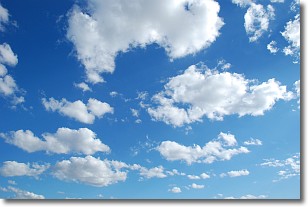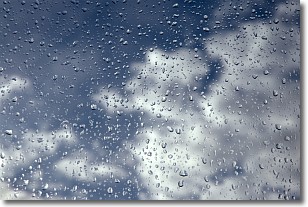Weather Alert in Montana
Wind Advisory issued July 14 at 12:12PM MDT until July 15 at 2:00PM MDT by NWS Missoula MT
AREAS AFFECTED: Flathead/Mission Valleys
DESCRIPTION: * WHAT...North winds 20 to 30 mph with gusts up to 50 mph expected. * WHERE...Flathead/Mission Valleys and Flathead Lake. * WHEN...From 5 PM this afternoon to 2 PM MDT Tuesday. * IMPACTS...Winds over 40 mph could easily bring down weakened trees or large limbs, especially in forested areas and western foothills prone to downslope winds. Wave heights of 3 to 5 feet are anticipated especially along the south end of Flathead Lake. Be prepared for rapidly changing conditions. * ADDITIONAL DETAILS...The strongest winds will occur near the mouths of east-west oriented canyons and along Flathead Lake. Thunderstorms are possible Monday night into Tuesday morning further enhancing gusty winds. Damaging winds could blow down trees and power lines. Power outages are possible.
INSTRUCTION: Winds this strong can make driving difficult, especially for high profile vehicles. Use extra caution. It could be dangerous for boaters to be on Flathead Lake and other lakes. Avoid setting up tents or campers near trees.
Want more detail? Get the Complete 7 Day and Night Detailed Forecast!
Current U.S. National Radar--Current
The Current National Weather Radar is shown below with a UTC Time (subtract 5 hours from UTC to get Eastern Time).

National Weather Forecast--Current
The Current National Weather Forecast and National Weather Map are shown below.

National Weather Forecast for Tomorrow
Tomorrow National Weather Forecast and Tomorrow National Weather Map are show below.

North America Water Vapor (Moisture)
This map shows recent moisture content over North America. Bright and colored areas show high moisture (ie, clouds); brown indicates very little moisture present; black indicates no moisture.

Weather Topic: What are Cumulonimbus Clouds?
Home - Education - Cloud Types - Cumulonimbus Clouds
 Next Topic: Cumulus Clouds
Next Topic: Cumulus Clouds
The final form taken by a growing cumulus cloud is the
cumulonimbus cloud, which is very tall and dense.
The tower of a cumulonimbus cloud can soar 23 km into the atmosphere, although
most commonly they stop growing at an altitude of 6 km.
Even small cumulonimbus clouds appear very large in comparison to other cloud types.
They can signal the approach of stormy weather, such as thunderstorms or blizzards.
Next Topic: Cumulus Clouds
Weather Topic: What is Drizzle?
Home - Education - Precipitation - Drizzle
 Next Topic: Evaporation
Next Topic: Evaporation
Drizzle is precipitation in the form of water droplets which are
smaller than raindrops.
Drizzle is characterized by fine, gently falling droplets and typically does not
impact human habitation in a negative way. The exception to this is freezing drizzle,
a condition where drizzle freezes immediately upon reaching earth's surface.
Freezing drizzle is still less dangerous than freezing rain, but can
potentially result in hazardous road conditions.
Next Topic: Evaporation
Current conditions powered by WeatherAPI.com




